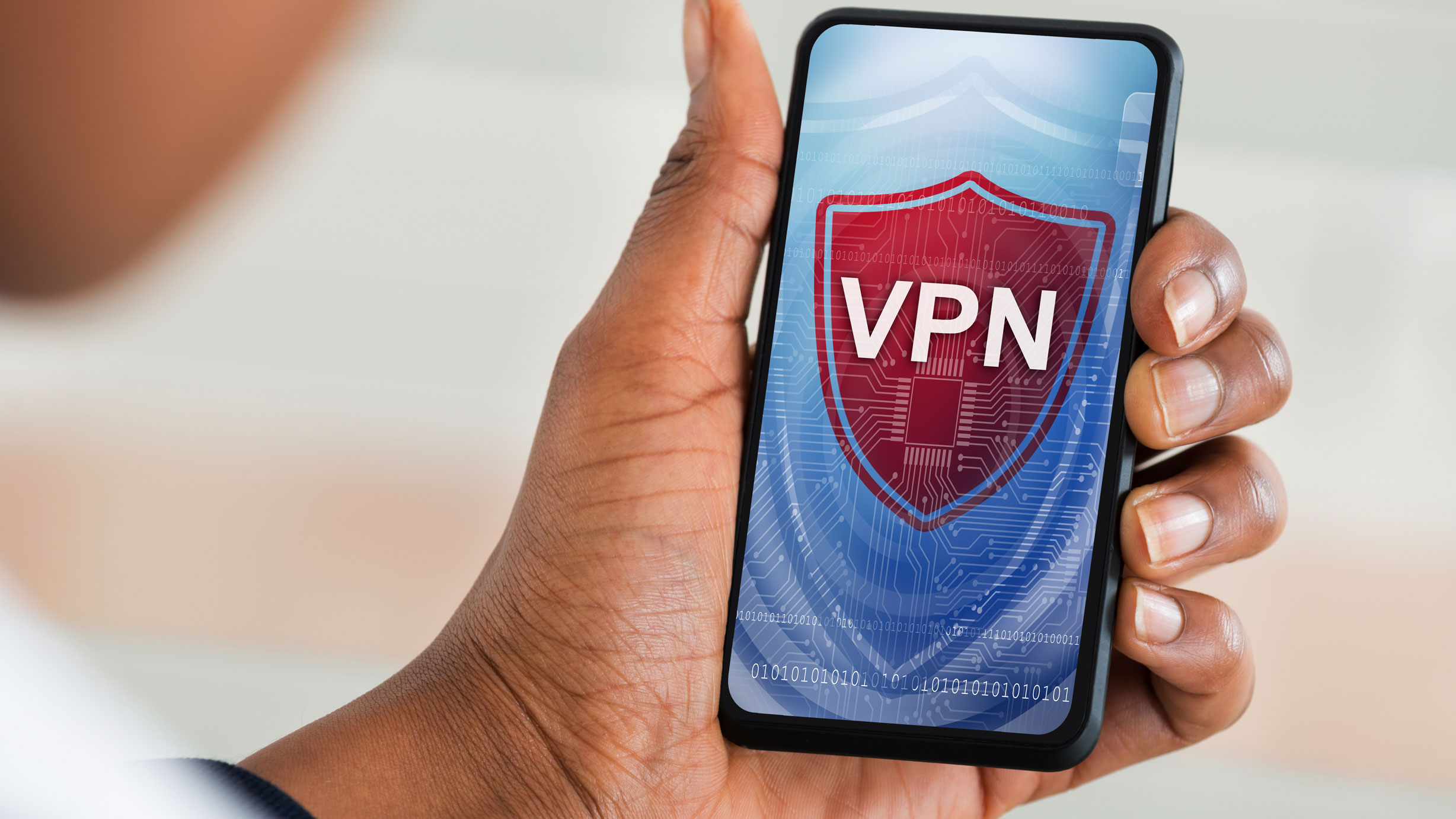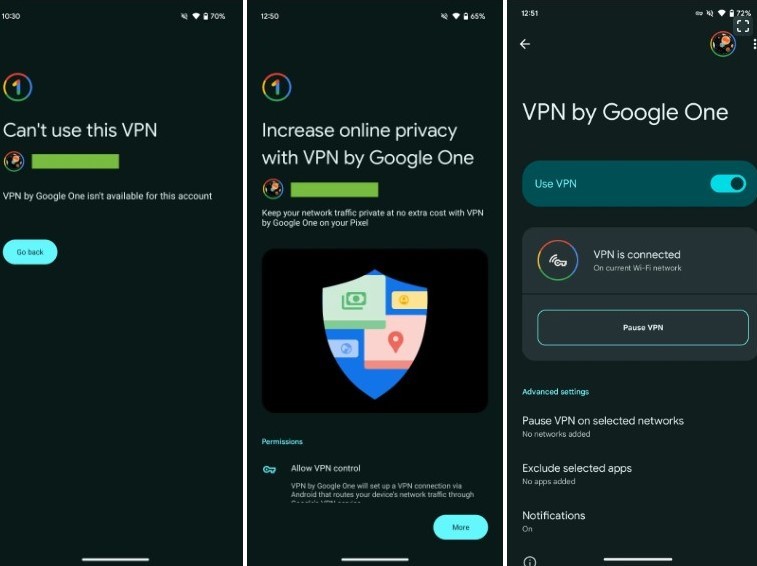Pixel VPN by Google available as a beta for more Pixel users
Pixel 7/Pro, 7a, and Fold owners can now use the rebranded built-in VPN function

Sign up for breaking news, reviews, opinion, top tech deals, and more.
You are now subscribed
Your newsletter sign-up was successful
Google is set to give its Google One VPN a proper send-off without leaving the majority of its users in the dark.
As we previously reported, the service will stop working on June 20, 2024. However, Google One users don't have to decide which of the best VPNs to switch to, because Pixel owners will still have access to VPN functionality that'll boost their online privacy.
Last week, Google One VPN was rebranded as Pixel VPN by Google on the app store. Today, as confirmed by 9to5Google, people using a Pixel 7/Pro, 7a, and Fold will join folks owning a newer model in benefiting from a built-in VPN without downloading a separate app.

"This version of VPN by Google One is optimized for the best performance on Pixel and provides a fully integrated experience in your phone's settings," Google said, according to 9to5Google.
All you need to do is update your operating system to Android 14 QPR3 Beta 2.2 or Android 15 Beta 2.2 to see the VPN software already installed and ready to use. Unlike in Google Play, the VPN functionality remains listed under the name "VPN by Google One" at the time of writing.
After some initial issues, as the above screenshots from the 9to5Google team show the updated VPN tool finally works the same way it does for Pixel 8, 8 Pro, and 8a owners.
Why use a VPN on your smartphone?
Whether you're a Pixel loyalist—and looking forward to the new built-in VPN functionality—or using a different Android smartphone, you might wonder why you should use a VPN at all. Well, there are a quite few reasons.
Let's face it. Most of us browse the web directly from our smartphones more frequently than, let's say, from a laptop or PC. It's important to have a tool that can boost our online privacy and device security.
A VPN, short for virtual private network, is security software that encrypts internet connections and spoofs IP addresses. These functionalities enable you to bypass online geo-restrictions—whether this is a censored site or a foreign streaming library—while boosting your privacy along the way.
All this is crucial when connecting to notoriously unsecured public Wi-Fi hotspots, for example. A VPN is also vital when traveling to countries known for restricting access to certain apps—popular social media platforms are often a target. Some of the best Android VPN services on the market even boast extra features to prevent ads and other web trackers from tracking your activity across the web.
In case you're on the hunt for a valid alternative to Google One VPN, I recommend looking into NordVPN. It's currently at the top of our VPN rankings, thanks to its easy-to-use apps, some of the fastest speeds I've seen, a great unblocking track record, and tons of security features. Proton VPN is also a very good option, especially because it includes a free VPN plan for those looking to save their cents.
Sign up for breaking news, reviews, opinion, top tech deals, and more.

Chiara is a multimedia journalist committed to covering stories to help promote the rights and denounce the abuses of the digital side of life – wherever cybersecurity, markets, and politics tangle up. She believes an open, uncensored, and private internet is a basic human need and wants to use her knowledge of VPNs to help readers take back control. She writes news, interviews, and analysis on data privacy, online censorship, digital rights, tech policies, and security software, with a special focus on VPNs, for TechRadar and TechRadar Pro. Got a story, tip-off, or something tech-interesting to say? Reach out to chiara.castro@futurenet.com